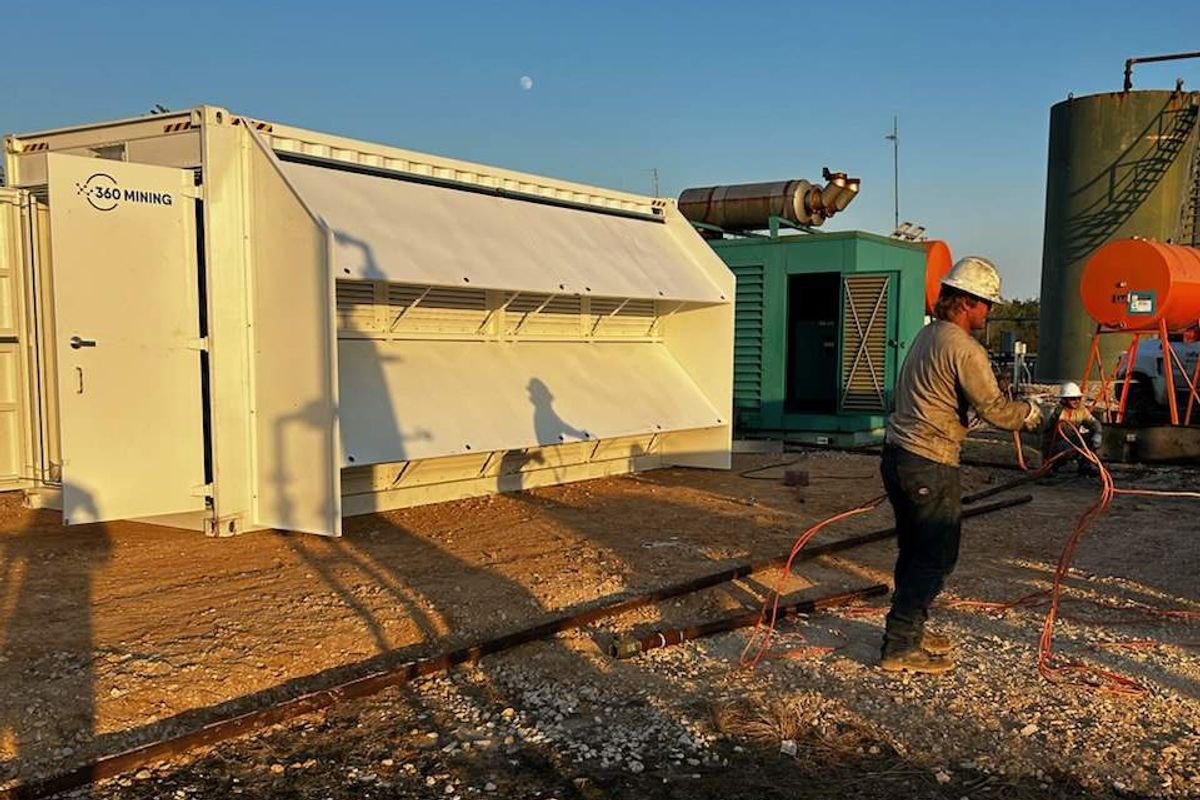Although the first official day of summer is not until June 20, Houstonians are already feeling the heat with record-breaking, triple-digit temperatures. The recent heatwave has many Texans wondering if the state’s grid will have enough power to meet peak demand during the summer.
How the Texas grid fared in summer 2024
To predict what could happen as we enter summer this year, it is essential to assess the state of the grid during summer 2024, and what, if anything, has been improved.
According to research from the Federal Reserve Bank of Dallas, solar electricity generation and utility-scale batteries within the ERCOT power grid set records in summer 2024. On average, solar contributed nearly 25 percent of total power needs during mid-day hours between June 1 and August 31. In critical evening hours, when load (demand for electricity) remains elevated but solar output declines, discharge from batteries successfully filled the gap.
Texas added more battery storage capacity than any other state last year, and, excluding California, now has more battery capacity than the rest of the country combined. The state also added 3,410 megawatts of natural gas-fueled power last year. While we did experience major power losses as a result of extreme weather, such as the derecho in May and Hurricane Beryl in July, ERCOT did not have to issue a single conservation appeal last summer to ward off capacity-related outages--and it was the sixth-hottest summer on record.
Policymakers are also taking steps to pass legislation that will help stabilize the grid. During this year’s 89th legislative session, Senate Bill 6 (TX SB6) was introduced, which seeks to:
- Improve ERCOT's load forecasting transparency
- Enhance outage protections for residential consumers
- Adjust transmission cost allocations
- Bolster grid reliability
In essence, the bill is meant to balance business growth with grid reliability, ensuring that the state continues to be an attractive destination for industrial expansion while preventing reliability risks due to rapid demand increases.
Is the Texas grid prepared for summer 2025?
The good news is that the grid is predicted to be able to manage the energy demand this summer, but there is no guarantee that power disruptions will not happen.
The National Oceanic and Atmospheric Administration has indicated that summer 2025 will likely be warmer and drier than average across most of Texas. Based on ERCOT data and weather projections, West Texas and the Dallas-Fort Worth and Houston metropolitan areas face the highest risk of outages.
While Texas is No. 1 in wind power and No. 2 in solar power, only behind California, there are valid concerns about heavy reliance on renewables when the wind isn’t blowing or the sun isn’t shining, compounded by a lack of large-scale battery storage. Then, there’s the underlying cost and ecological footprint associated with the manufacturing of those batteries. Although solar and wind capacity continues to expand rapidly, integration challenges remain during peak demand periods, especially during the late afternoon when solar generation declines but air conditioning usage remains high.
Additional factors that contribute to the grid’s instability are that Texas faces a massive surge in demand for electricity due to an increase in large users like crypto mining facilities and data centers, as well as population growth. ERCOT predicts that Texas’ energy demand will nearly double by 2030, with power supply projected to fall short of peak demand in a worst-case scenario beginning in summer 2026.
Thanks to investments in solar power, battery storage, and traditional energy sources, ERCOT has made progress in improving grid reliability which indicates that, at least for this summer, energy load will be manageable. A combination of legislative action, strategic planning and technological innovation will need to continue to ensure that this momentum remains on a positive trajectory.
---
Sam Luna is director at BKV Energy, where he oversees brand and go-to-market strategy, customer experience, marketing execution, and more.
- Energy expert: Unlocking the potential of the Texas grid with AI & DLR ›
- Being prepared: Has the Texas grid been adequately winterized? ›
- Houston energy leaders form new coalition to improve Texas power grid ›
- Texas vs the nation: Comparing energy grid resilience across America ›
- $360M DOE grant to fund project that will connect ERCOT to US power grid ›
- Reshaping the Texas grid: The impact of EVs, AI, renewables, and extreme weather ›
- Houston, Austin swelter with 50+ more hot days on Climate Central report - Energy Capital ›
- Houston secures billions for energy, dementia in 2025 Texas legislative session - Energy Capital ›
- Expert: Is the Texas electric grid ready for the future? - Energy Capital ›










